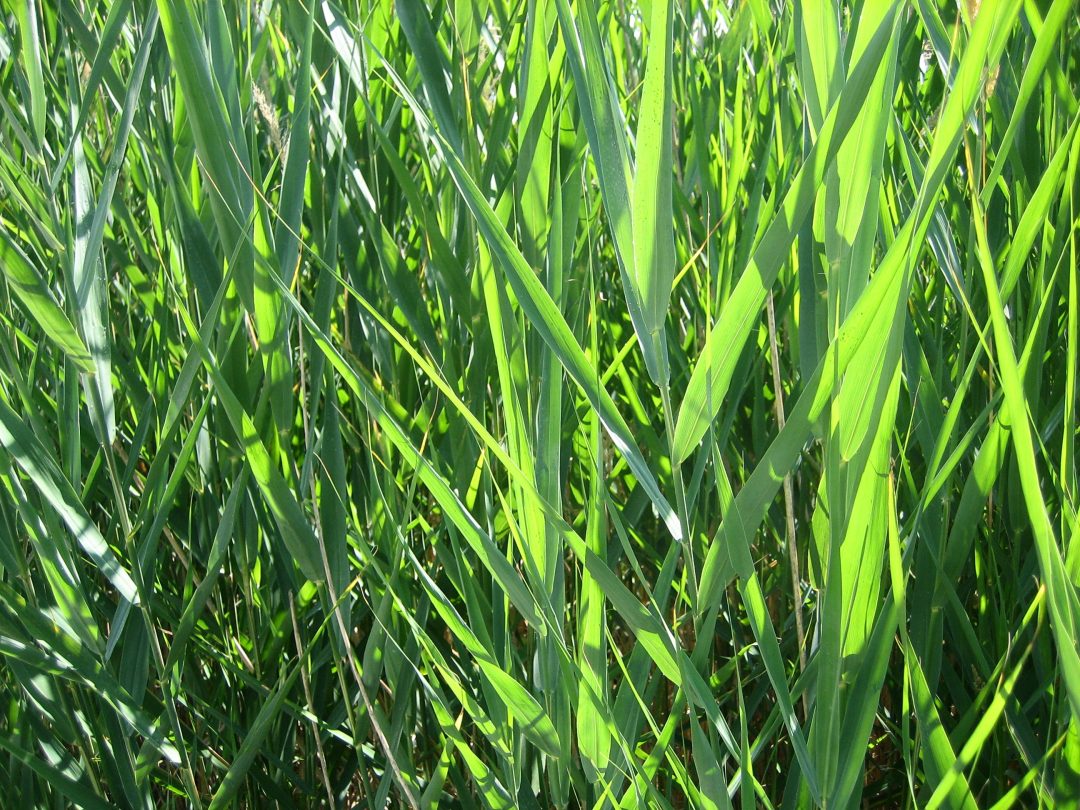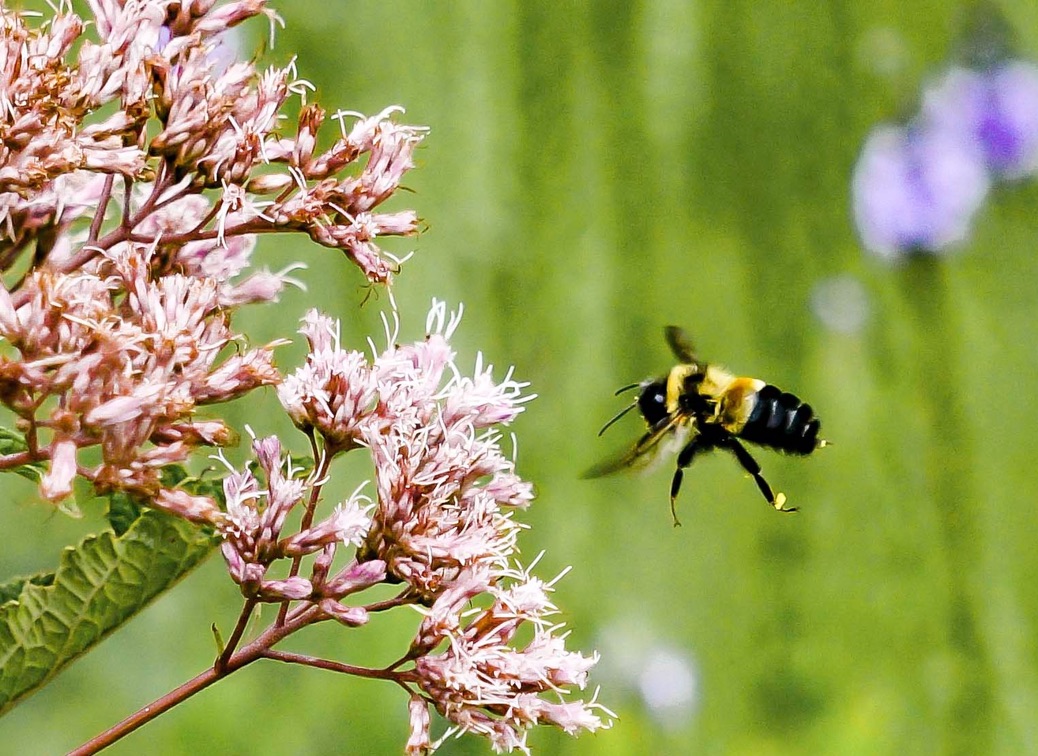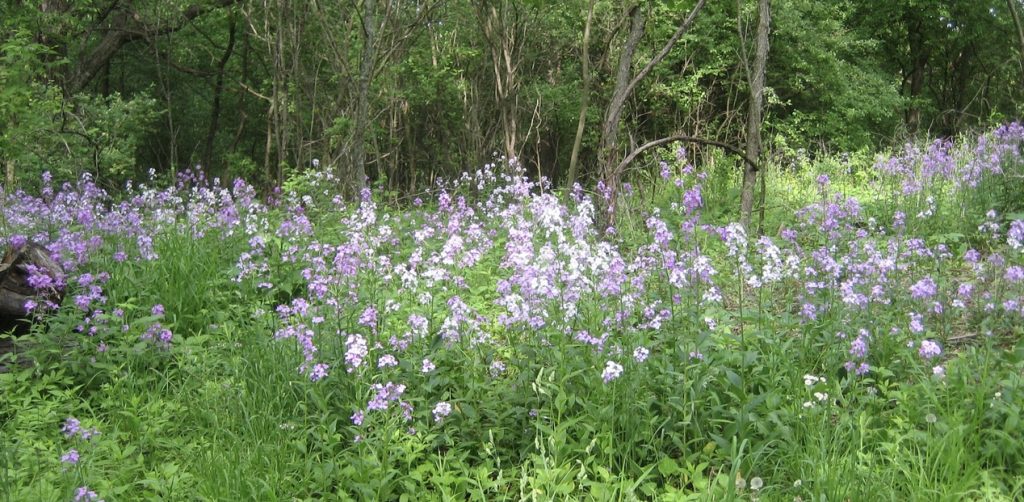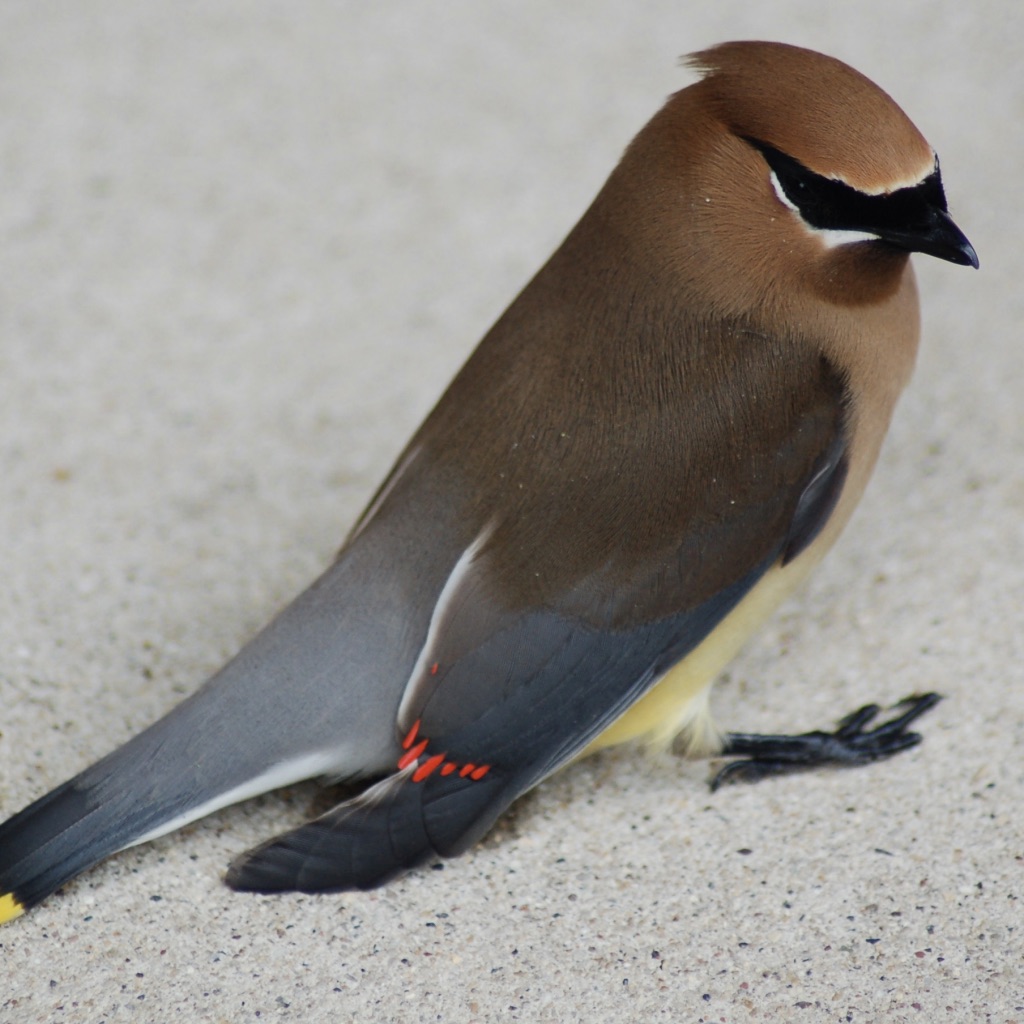The next CLC webinar on December 9, Ecology and Conservation of Illinois Dragonflies, will provide an overview of the life cycle of dragonflies and damselflies, presented by Marla Garrison. She is an instructor of biology at McHenry County College, and authored Damselflies of Chicagoland, published online by the Chicago Field Museum of Natural History. This popular speaker combines extensive knowledge, incredible photographs and an engaging style in her presentations. Please plan on joining us. REGISTER HERE: https://register.gotowebinar.com/register/1932030357290232332 We have been very happy to bring you these free webinars, but would welcome donations to help offset the costs. A suggested donation of $10 can be made here. IMPORTANT UPDATE Starting with our January 14 webinar, Chicago Living Corridors’ webinars will be hosted by the Barrington Area Library on their Zoom platform. There will likely be some changes in schedule and other elements of the webinars, but we hope to minimize any disruptions. We are grateful to Iris Caldwell and the University of Illinois Chicago for hosting the webinars up until now. The opportunity to work with the Barrington Area Library is an exciting new partnership, and we look forward to a smooth transition. The registration page for the January webinar – Native Shrubs for the Home Landscape – will be provided soon. Access to the videos of previous webinars are available at: October 14,2020, Landscaping for Birds September 23, 2020, Native Bumble Bees in Your Yard August 12,2020, Identifying and Controlling Invasive Species July 22, 2020, “An Intimate Look at the Life Cycle of the Monarch Butterfly” June 17, 2020, “Invite Nature to Your Yard“ |
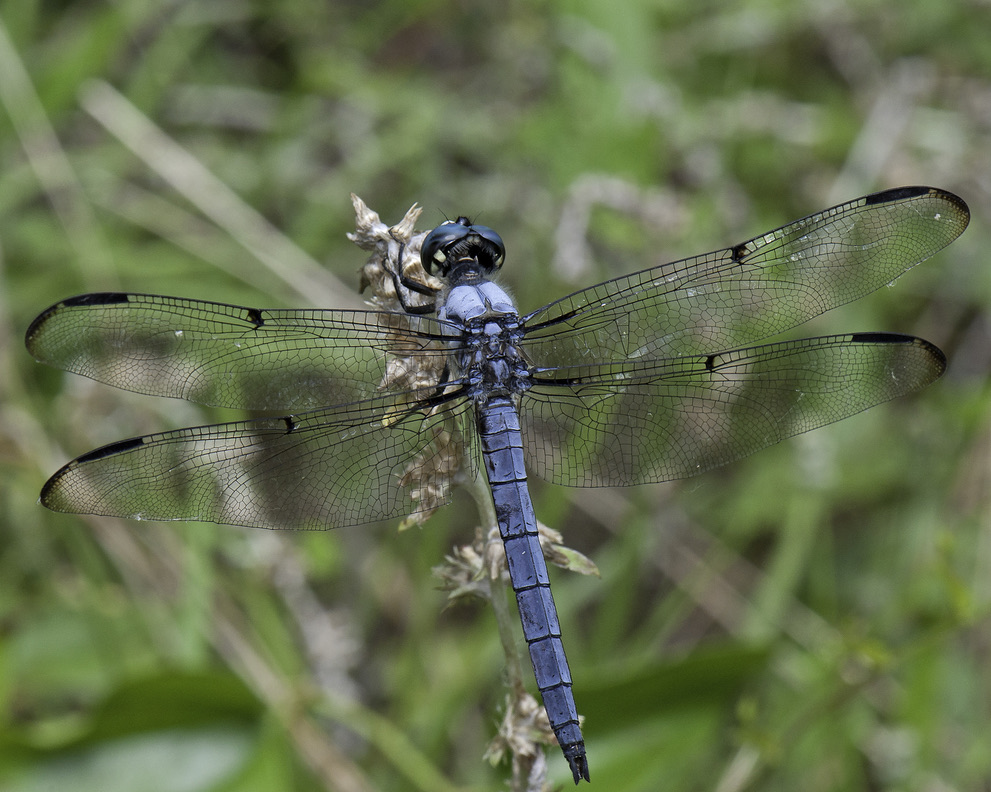

 The next Chicago Living Corridors webinar will be on October 14, 2020 at 7:00 pm. Landscaping for Birds will be presented by Lisa Maier, who has been active with WPPC’s mentoring group for several years and is an experienced birder, (officer of McHenry County Audubon). She will be sharing her knowledge of birds and native landscaping. And did I mention she has some terrific photographs.Please register at
The next Chicago Living Corridors webinar will be on October 14, 2020 at 7:00 pm. Landscaping for Birds will be presented by Lisa Maier, who has been active with WPPC’s mentoring group for several years and is an experienced birder, (officer of McHenry County Audubon). She will be sharing her knowledge of birds and native landscaping. And did I mention she has some terrific photographs.Please register at 